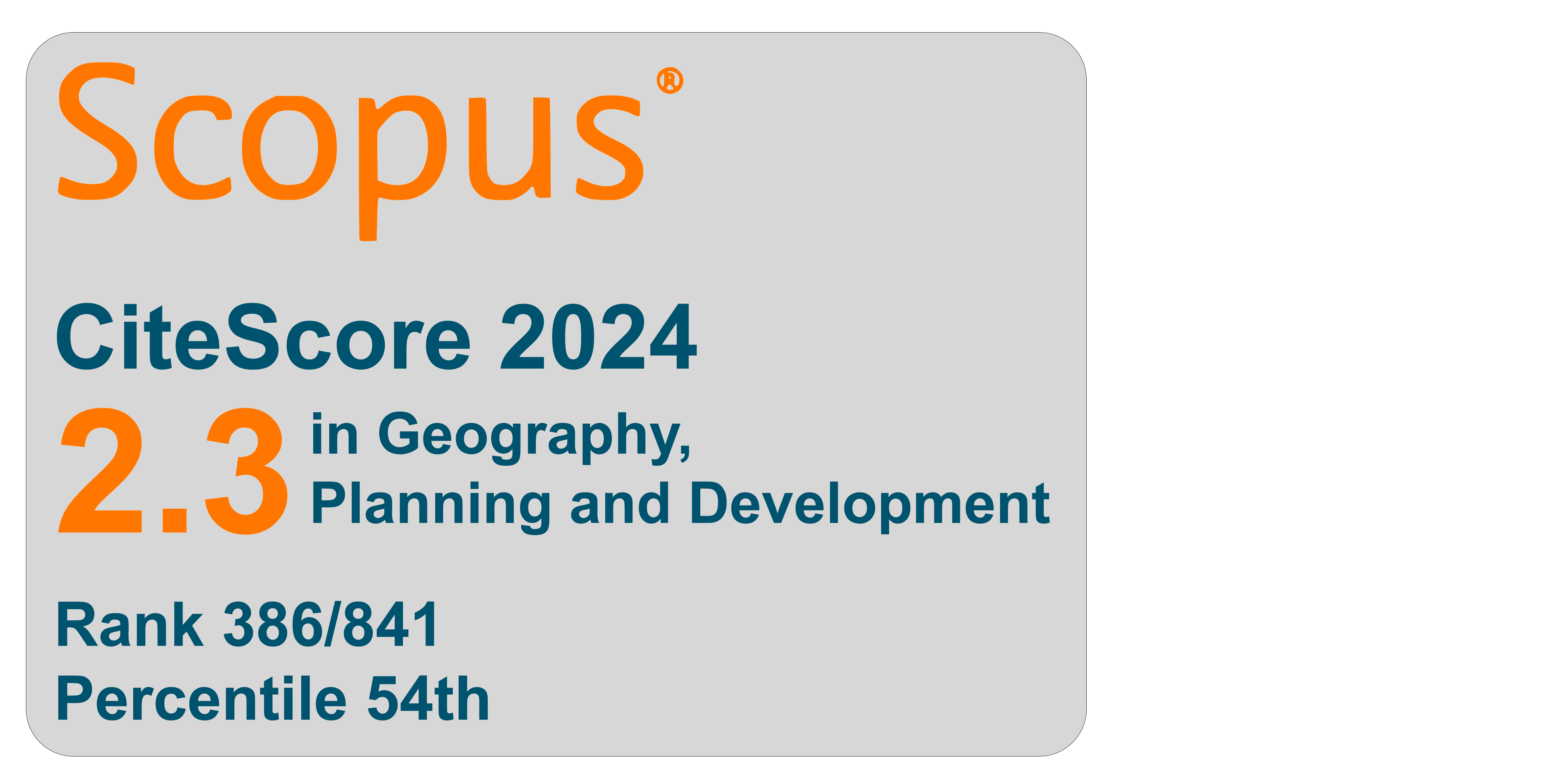Travel mode choice and its responsiveness to the needs of commuters with disability in the Accra metropolitan assembly
DOI:
https://doi.org/10.6093/1970-9870/9062Keywords:
Public transport, Disability, Qualitative, Accra, TrotroAbstract
The need for out of door trips is informed by the fact that many life-enhancing opportunities are found outside one's home. Here, access to public transport becomes critical in enjoying facilities like schools and hospitals due to the low ownership of private cars among the low and middle-income bracket. Unfortunately, the conditions of the physical environment (including transport services) do not reflect the needs of minority travellers, making way to ascertain the responsiveness of public transport services to Ghana disability population. This study engaged 50 PWDs from the Accra Metropolitan Assembly (AMA) and adopted a semi-structured interview guide in eliciting PWDs’ experience in using public transport in Accra. Beyond this, an auditing instrument was also engaged to ascertain the current conditions of public transport buses using the Ghana disability Act as the basis for measurement. The study found that none of the buses examined met the conditions of Ghana’s disability Act, leaving PWDs to rely on transport operators for basic services. This situation did not only project transport operators' poor knowledge of the needs of the disability population but also reduced PWDs' travel options. The study recommends rigorous enforcement of Ghana’s disability Act, beginning with an educational outreach program for transport operators.
Downloads
Downloads
Published
How to Cite
Issue
Section
License
Copyright (c) 2022 Prince Kwame Odame

This work is licensed under a Creative Commons Attribution-NonCommercial 4.0 International License.



